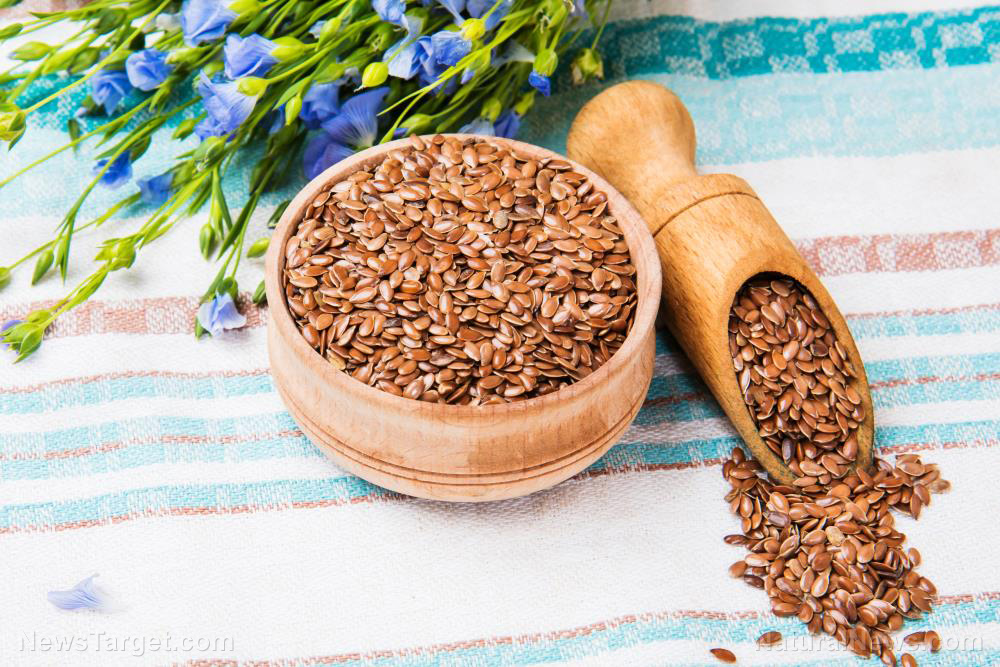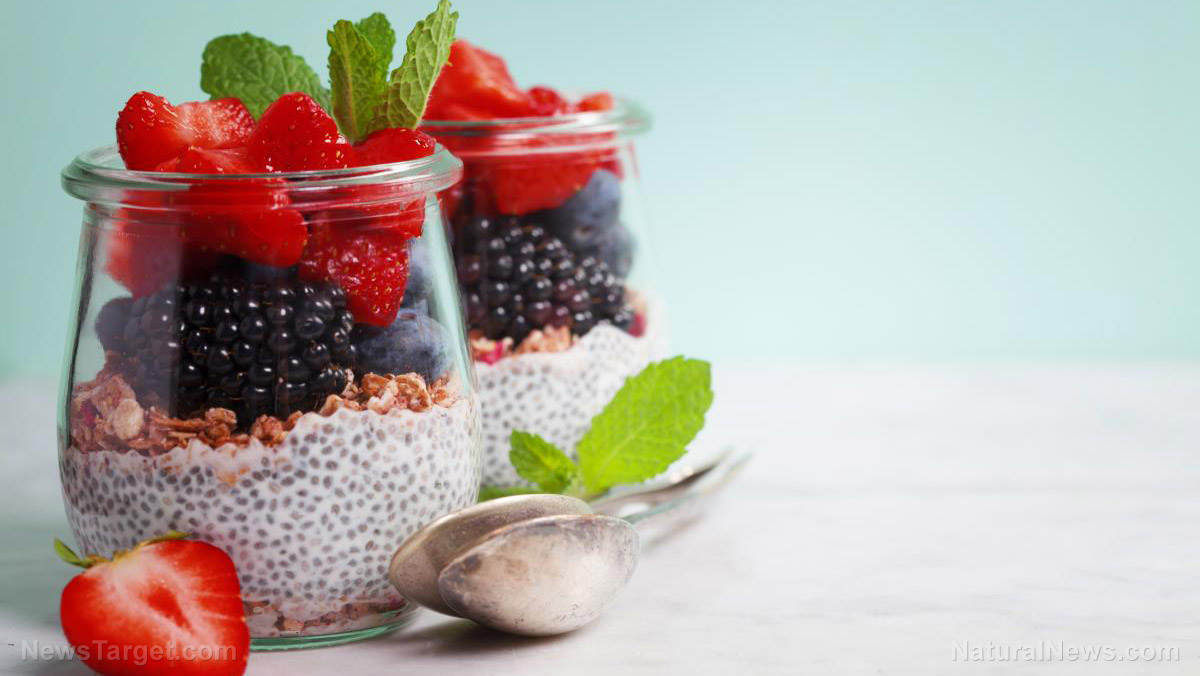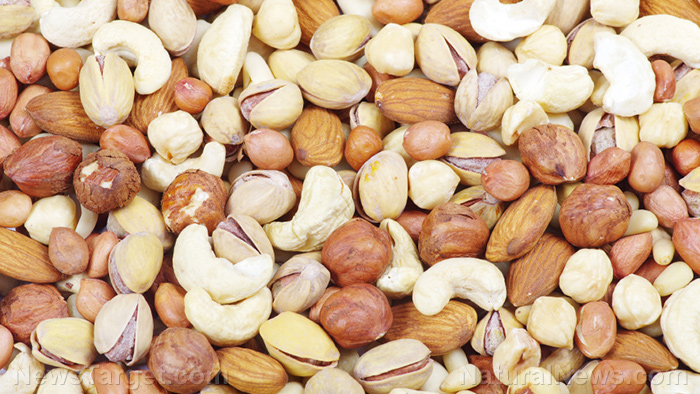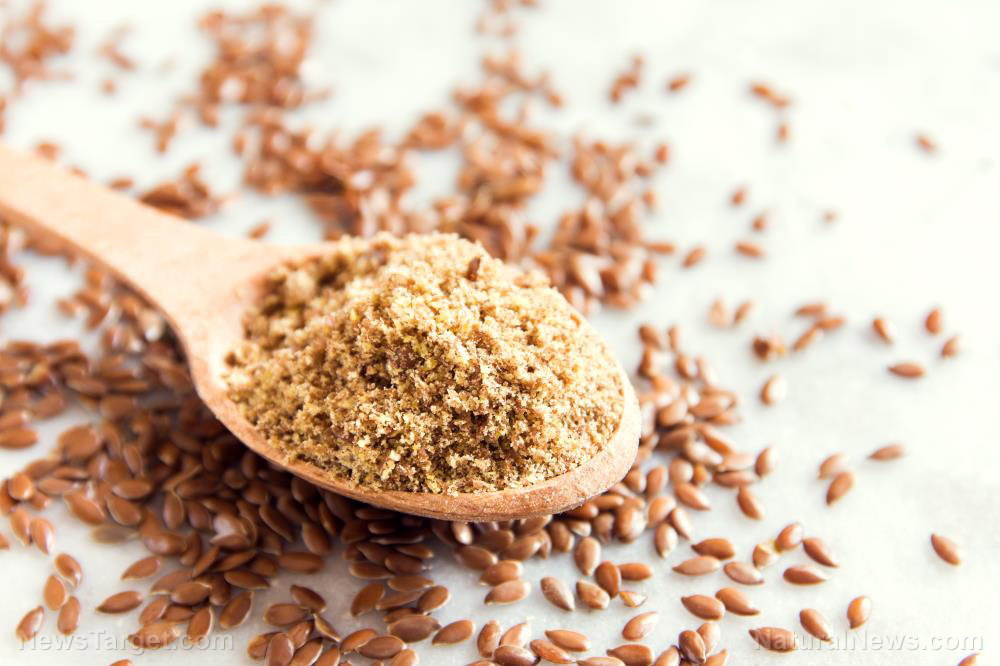Here’s ANOTHER reason to reduce kids’ screen time: Social media found to negatively influence their food choices
07/17/2019 / By Isabelle Z.

The reasons to minimize the time your kids spend using screens continue to pile up, with everything from depression and vision problems to poor school performance and social relations being blamed on excessive electronics device use. Now scientists have found yet another compelling reason to impose some limits on screen time — and social media in particular — as a clear link has emerged between social media use and poor food choices among young people.
The study, which was published in the journal Pediatrics, looked at how marketing by video bloggers, or “vloggers” on YouTube and other social media platforms impacts young people’s eating choices. In the past, celebrity endorsements were often used in TV ads for unhealthy foods, and researchers know that this increases children’s consumption of such foods. Now, the same can be said for marketing via social media.
A report by Ofcom showed that U.K. children are increasingly using social media, with 93 percent of kids aged 8 to 11 going online, 77 percent of them using YouTube, and 18 percent having social media accounts. That’s why the latest finding is so concerning.
In the study, 176 children aged 9 to 11 were split into three equal groups. Each group was shown realistic but artificially created Instagram pages of well-known vloggers. Although the vloggers weren’t named, they were said to be popular among British children and boast anywhere from 4 million to 12 million subscribers on their real Instagram accounts and YouTube channels.
In one group, the images portrayed the vloggers with unhealthy snacks like junk food or chocolate cookies. In a second group, the same vloggers were seen with healthy snacks such as fresh fruit, while a third group was shown imagines of the vloggers with products that weren’t food, like tennis shoes. Afterward, the participants’ intake of snacks, both unhealthy and healthy, were measured.
Kids inspired by social media personalities to eat junk food but not healthy options
Perhaps not surprisingly, the researchers discovered that the kids who had been in the group that saw images of unhealthy snacks ultimately consumed 32 percent more calories from unhealthy snacks and 26 percent more calories overall from all types of snacks when compared to the kids who saw non-food images. They did not find any significant differences in the total caloric intake or healthy snack caloric intake between those who saw the vloggers with healthy foods and those who saw non-food images.
In other words, although the unhealthy food endorsements seem to increase unhealthy food intake among children, healthy food endorsements do not have much effect on their healthy food intake, which means that using celebrity endorsements on social media to try to inspire young kids to eat healthier may not be effective.
The researchers believe that the digital marketing of junk food aimed toward young people should not be allowed. Unfortunately, kids don’t have the motivation to resist the messages of food marketing that adults do as they grow concerned about their long-term health. Even when children do know how bad something is for them, researchers say they care more about doing what their friends are doing.
Study lead author Anna Coates said: “Young people trust vloggers more than celebrities so their endorsements may be even more impactful and exploitative. Tighter restrictions are needed around the digital marketing of unhealthy foods that children are exposed to, and vloggers should not be permitted to promote unhealthy foods to vulnerable young people on social media.”
Unfortunately, most parents don’t realize this type of behavior even exists. The Rudd Center for Food Policy and Obesity’s Jennifer Harris told U.S. News that many parents are simply unaware of just how much their kids are targeted when they go online. With the makers of junk food pursuing kids so actively, is it any surprise that childhood obesity has reached epidemic proportions?
Sources for this article include:
Tagged Under: celebrity, child health, food marketing, influence, influencers, Instagram, mind body science, Social media, YouTube
RECENT NEWS & ARTICLES
COPYRIGHT © 2017 FIGHTOBESITY.NEWS
All content posted on this site is protected under Free Speech. FightObesity.news is not responsible for content written by contributing authors. The information on this site is provided for educational and entertainment purposes only. It is not intended as a substitute for professional advice of any kind. FightObesity.news assumes no responsibility for the use or misuse of this material. All trademarks, registered trademarks and service marks mentioned on this site are the property of their respective owners.



















